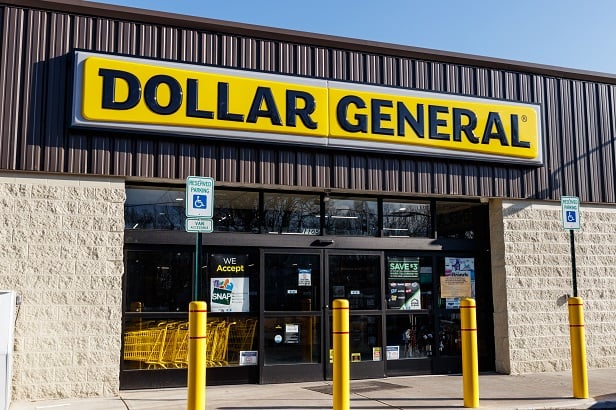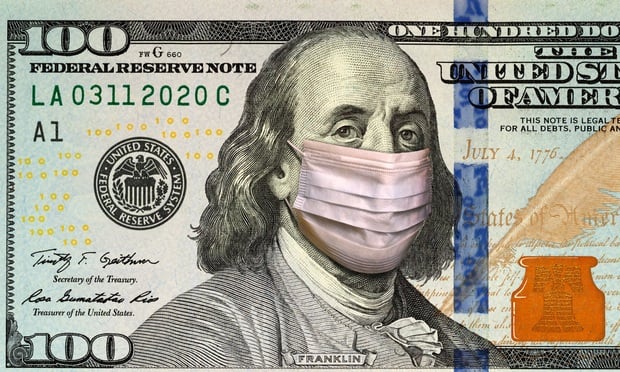About The Author
I am a reporter for Legaltech News where I cover data privacy, cybersecurity and technology's impact on the business and practice of law.
September 10, 2020
September 03, 2020
August 27, 2020
Analysis
Road to Recovery? Confidentiality Agreements for Industrial, Multifamily Properties Bounces Back
August 20, 2020
August 13, 2020
August 06, 2020
July 30, 2020
July 22, 2020
July 16, 2020
July 02, 2020














